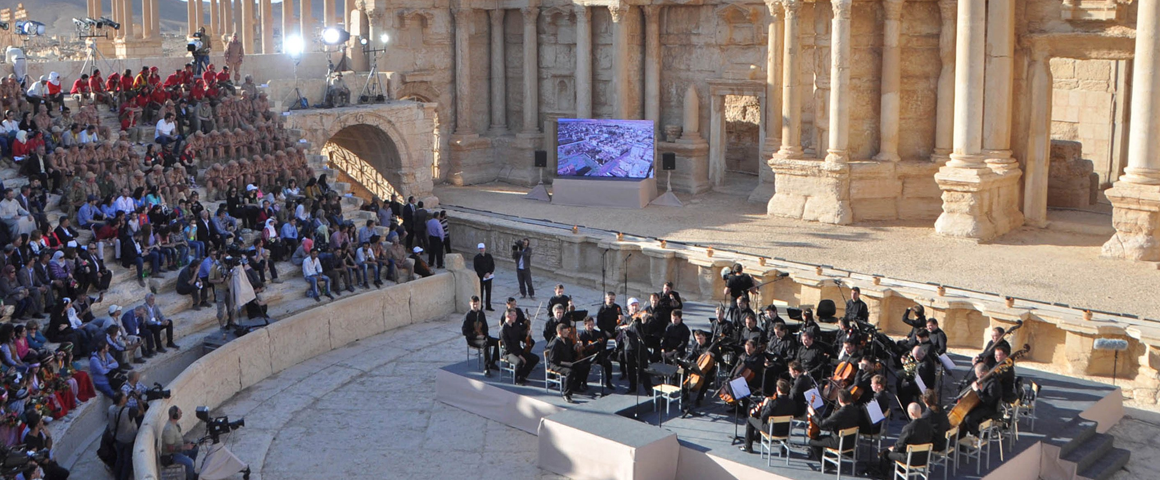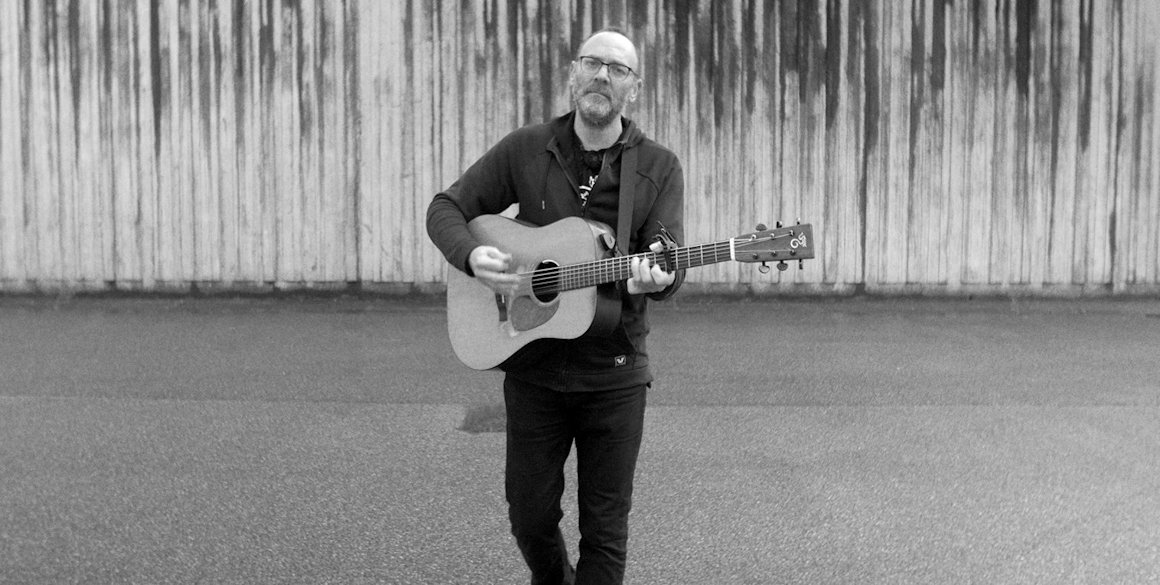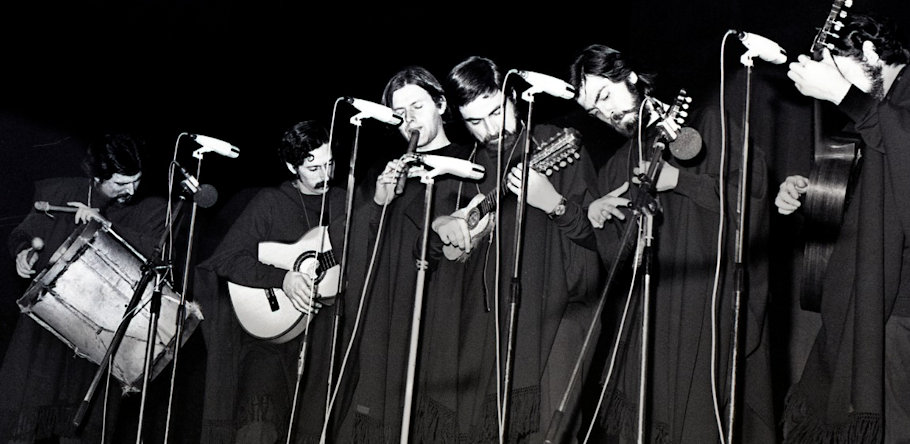Brazil’s musicians protest coup
Brazil’s musicians’ union has come out strongly against the congressional coup which has suspended the country’s elected president, Dilma Rousseff. In a manifesto issued on April 11th, and signed by President Joa o Bani and Vice-President Déborah Cheyne, the Sindicado dos Músicos (SindMusi) declared that the country’s constitution has been “demeaned by politicians whose acts are based exclusively on corporate interests and are moved by malicious intent.” The statement recalls the role of Brazil’s musicians in the struggle against the military dictatorship which ruled the country from 1964-1985. Musicians were arrested and killed in those days because they used their art to fight for democracy. The SindMusi manifesto indicts Dilma’s accusers, declaring that “impeachment without a crime is a crime”. Today, Brazil’s democratically-elected president faces an “impeachment” process “without an actual crime that can be attributed to her management”. Esteemed Brazilian singer-songwriter and poet Chico Buarque, who was imprisoned and exiled because of his protest music during the period of the dictatorship, spoke at a massive demonstration in Rio de Janeiro on the 52nd anniversary of the coup. “It is clear,” he said, “that we are here united in our robust defense of democracy.”
The Occupation of the American Mind
Rock superstar and Palestinian rights activist, Roger Waters, has joined forces with documentary filmmaker, Sut Jhally, founder of the Media Education Foundation, to produce an important new film about the decades-long Israeli PR campaign to influence U.S. public opinion. The Occupation of the American Mind, narrated by Waters and produced by Jhally, demonstrates how, after its good-guy image was damaged by media coverage of its brutal invasion of Lebanon in 1982, Israel stepped up its propaganda campaign in America. U.S. advertising executives were hired to sell the idea that Israeli-Palestinian violence is not caused by the Zionist state’s illegal occupation of Palestinian land, but rather by an essential “hatred” that Palestinians have for Israel. The Occupation of the American Mind explores how the Israeli government, the U.S. government, and the pro-Israel lobby have joined forces in the past 30 years to shape American media coverage of the conflict in Israel’s favor. Watch Paul Jay’s interview with Sut Jhally and Roger Waters on the “Reality Asserts Itself” series at The Real News. The Occupation of the American Mind can be purchased (or streamed for $5) at www.occupationmovie.com.
Russian orchestra performs in Palmyra
Conductor Valery Gergiev led Russia’s Mariinsky Theatre Orchestra in a concert at the amphitheatre of Syria’s ancient city, Palmyra, on April 5th. Russian soldiers made up a large part of the audience, many of whom had been removing mines at the UNESCO World Heritage site. Syrian government troops, with Russian air support, drove out Islamic State forces from the city on March 27th. The concert, which included J.S. Bach’s Chaconne for Solo Violin and Sergei Prokofiev’s First Symphony, was, said Gergiev, “a protest against the barbarians who destroyed monuments of world culture.” (Islamic State forces had dynamited ancient Roman temples when they seized the city last year). Russian President Vladimir Putin, addressing the audience in a video link-up, described the concert “as a sign of gratitude, remembrance and hope — of gratitude to those who fight terrorism without sparing one’s own life; of remembrance for all victims of terror, regardless of the place and time of crimes against humanity; and hope, not just for the revival of Palmyra as a cultural asset for all humanity, but for the deliverance of modern civilization from this terrible ill, from international terrorism.”
Valentina Lisitsa interviewed in Donetsk
Not long after her triumphant April 10th concert at Toronto’s Koerner Hall, Ukrainian-American pianist Valentina Lisitsa was interviewed for the Donetsk-based Russian-language daily Komsomolskaya Pravda. The outspoken critic of the post-Maidan regime in Kiev has taken a lot of flak in some quarters, but in the predominantly Russian-speaking lands of Eastern Ukraine, where people are fighting for their language and culture, her courageous defense of their rights is much appreciated. Since the Kiev regime’s attacks on the Donbass began in 2014, she has given several sold-out concerts there. Asked about what motivates her solidarity, she replied: “When I played here in Donetsk for the first time, I realized that the music is not just for pleasure, not some nice, elitist thing for people who have everything. No, people need music like oxygen. In Donetsk, I play Prokofiev, he was born here. Here are our roots, our civilization to which the people, who are listening to me here, belong. I feel how the people need music; I do not think about the danger here or how the West will look at me.” Asked about death threats, she replied: “I’m not afraid of threats, even though I have been threatened many times. It’s not worth the tears of a child.” Read the full interview, translated into English, at Slavyangrad.org




